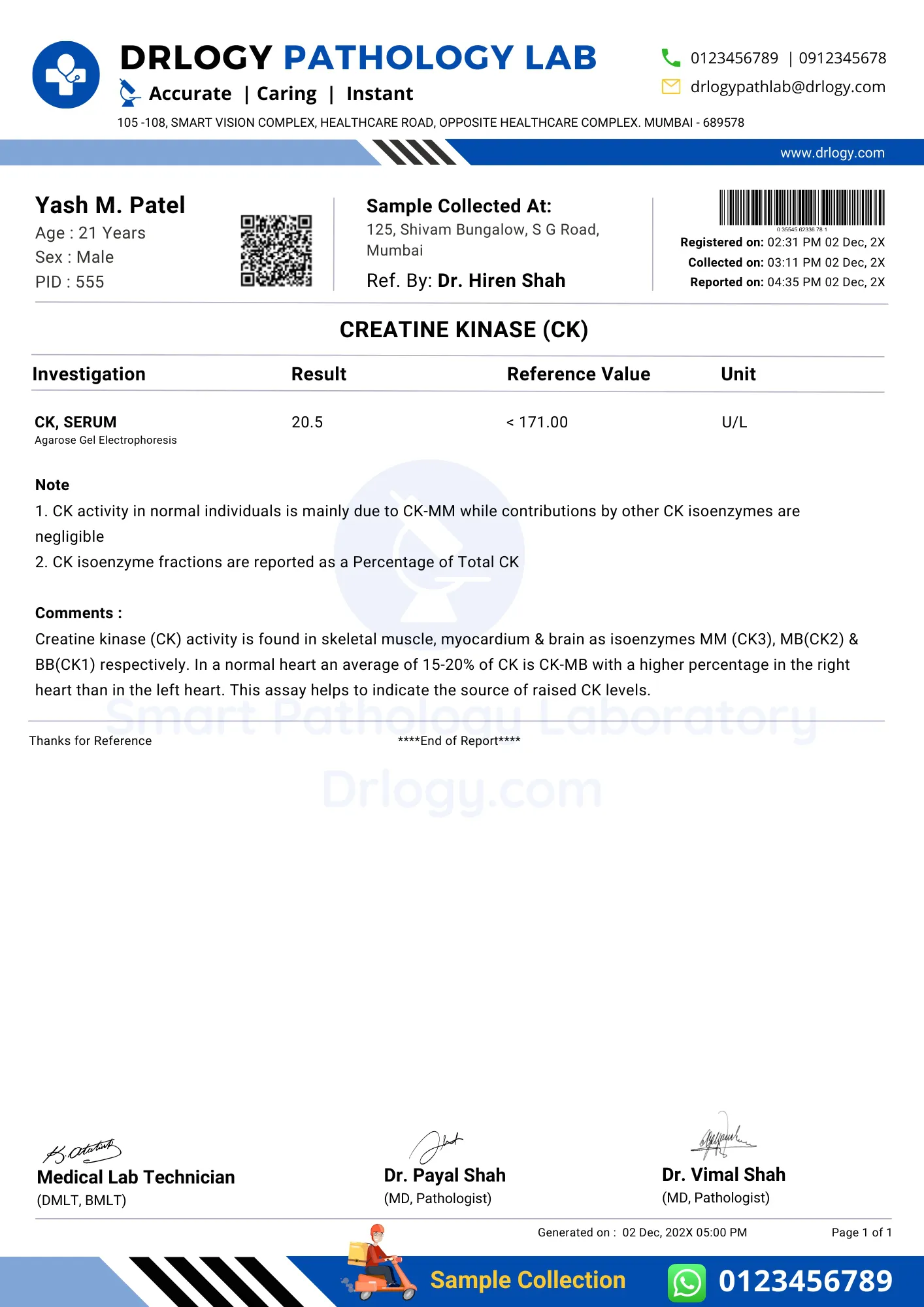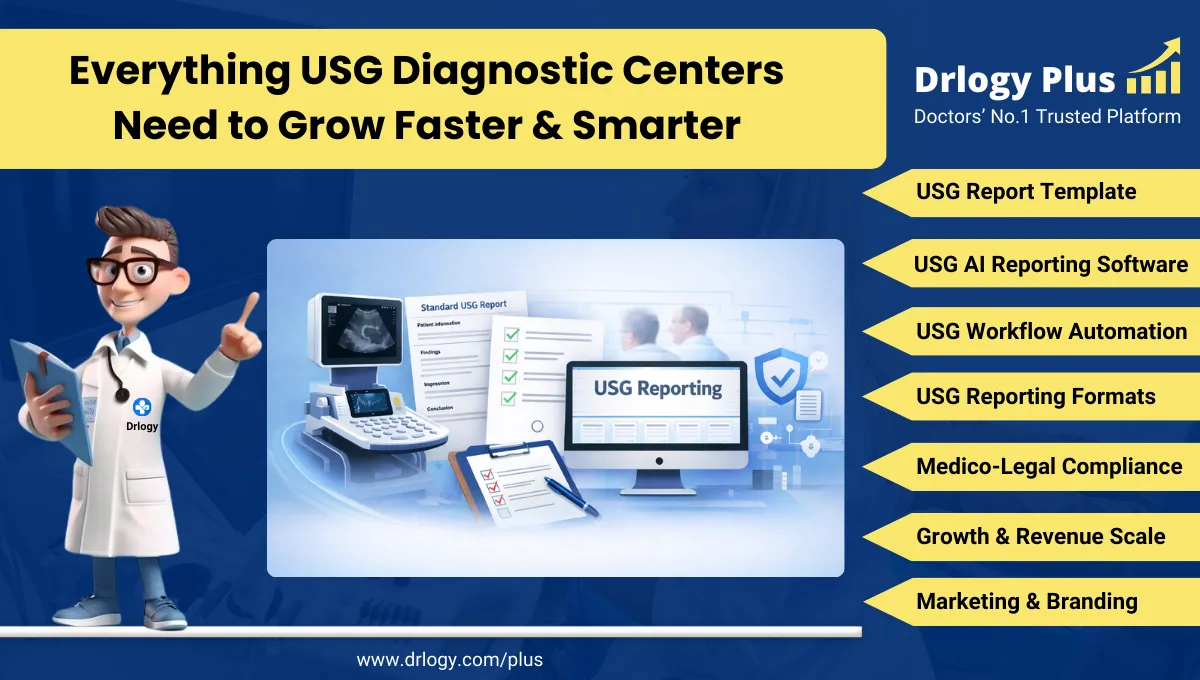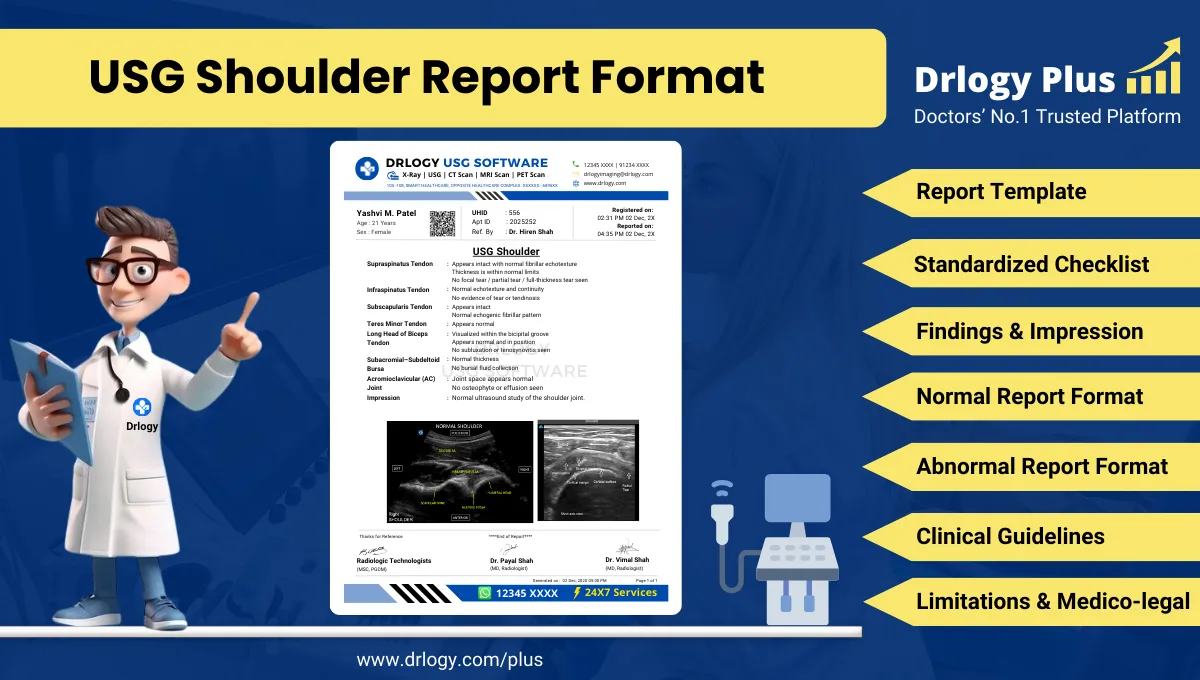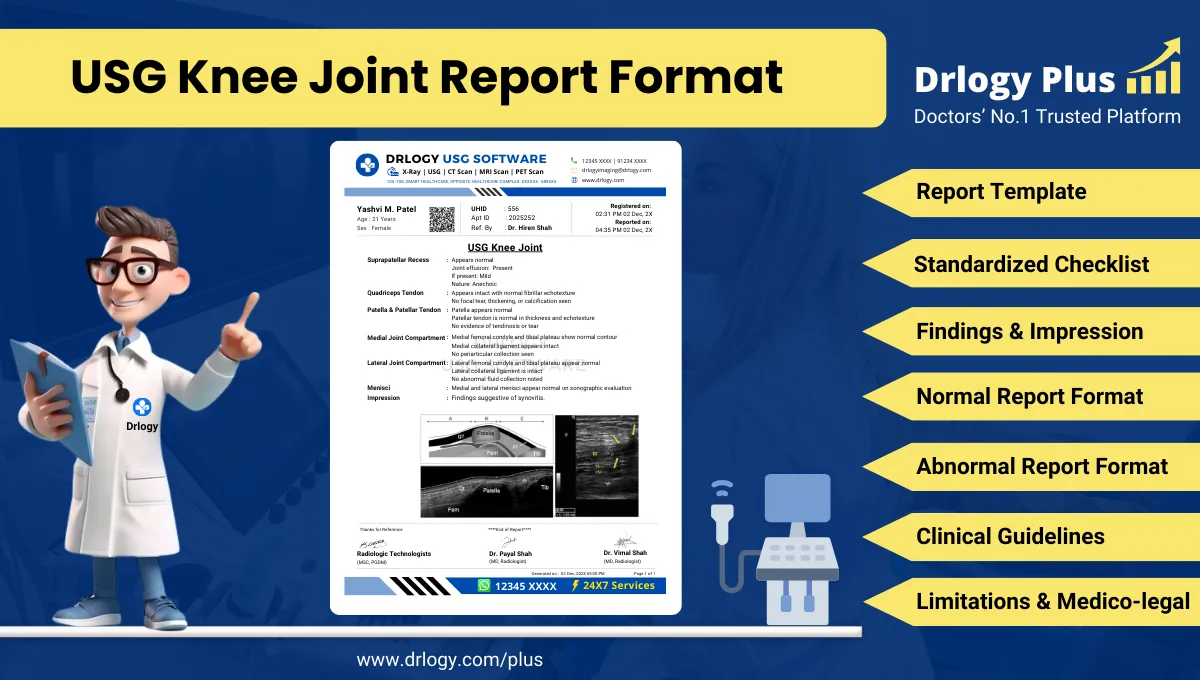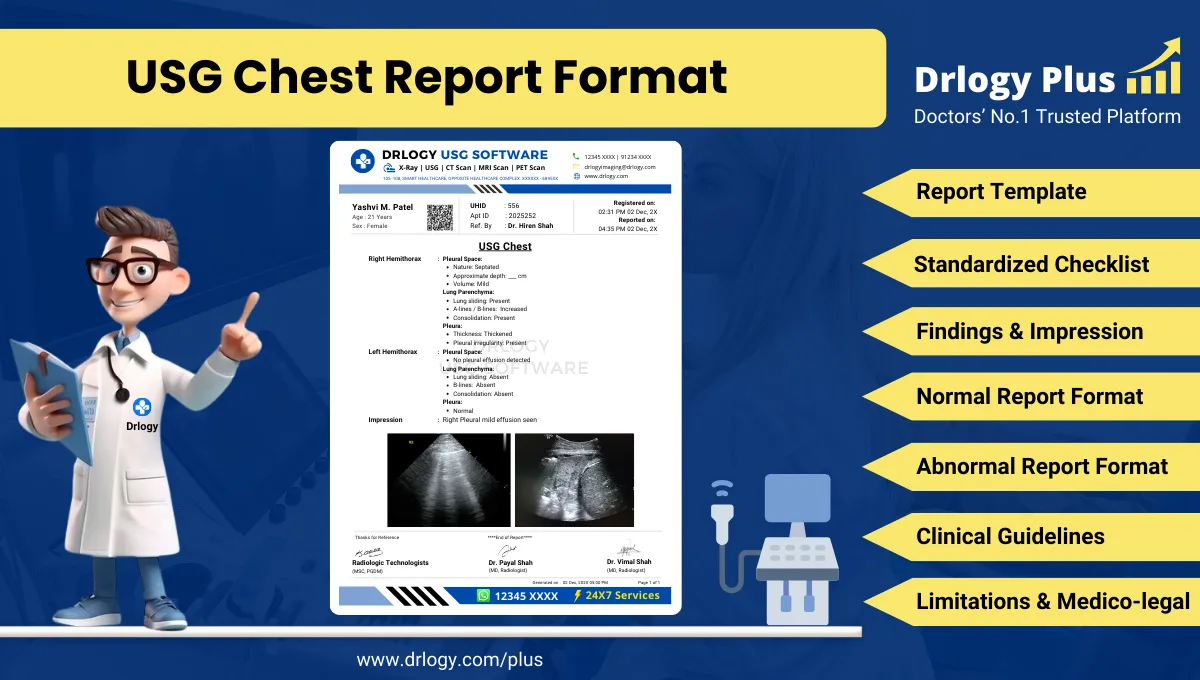

Drlogy
Healthcare organization
Creatine Kinase Test Report Format: 10 Key Clinical Guidelines & Example
The Creatine Kinase Test Lab Report Format holds paramount importance in the medical laboratory setting. This document serves as a crucial diagnostic tool, providing insights into muscle and heart health through the measurement of CK enzyme levels in the blood.
A well-structured lab report aids healthcare professionals in accurately diagnosing conditions such as muscle damage, heart attacks, or neurological disorders. The report facilitates effective communication between laboratory personnel and clinicians, contributing significantly to timely and precise patient care.
10 Key Creatine Kinase Test Report Format Clinical Guidelines
Below are the 10 key clinical guidelines for formatting a Creatine Kinase Test report in your pathology laboratory.
1. Patient Information:
- Include patient details such as name, age, gender, and relevant medical history.
- Verify demographic information for accuracy and completeness.
- Ensure confidentiality and compliance with data protection regulations.
- Highlight the importance of accurate patiententification.
- Clearly mention any special considerations or patient-specific notes.
2. Reference Doctor Information:
- Provide a dedicated section for the reference doctor's details.
- Include name, contact information, and affiliation.
- Consider incorporating the reference doctor's letterhead for professional documentation.
- Emphasize the collaboration between laboratories and referring physicians.
- Encourage communication channels between labs and doctors.
3. Specimen Information:
- Clearly state specimen details, including name, volume, and collection method.
- Specify handling and transportation instructions for optimal sample integrity.
- Highlight the significance of proper specimen labeling.
- Encourage standardization in specimen collection across different tests.
- Ensure clarity on any specific requirements for unusual specimen types.
4. Test Name Heading, Test Methodology:
- Clearly state the name of the Creatine Kinase Test as the heading.
- Provide a brief overview of the test methodology employed.
- Include any special considerations or variations in testing protocols.
- Emphasize adherence to standardized testing procedures.
- Promote transparency in reporting the methods used.
5. Test Result:
- Present the Creatine Kinase test results prominently.
- Ensure clarity in displaying numerical values and units.
- Use visual aids like graphs or charts for better data comprehension.
- Include any abnormal findings or noteworthy observations.
- Emphasize the importance of result accuracy and precision.
6. Normal Value Reference:
- Clearly define the normal reference ranges based on age and gender.
- Provide context for interpreting results within the established norms.
- Highlight any deviations from standard values.
- Offer guidance on communicating normalcy to patients and referring doctors.
- Encourage the use of standardized reference values for consistency.
7. Interpretation & Instrumentation:
- Include a section for expert interpretation of results.
- Detail the instrumentation used for the Creatine Kinase test.
- Clarify any nuances in interpretation based on specific conditions.
- Provide insights into how instrument variations may impact results.
- Facilitate a deeper understanding of the clinical implications of results.
8. Signature and Date:
- Include space for authorized signatures of laboratory personnel.
- Clearly indicate the date of result generation.
- Emphasize the importance of authorized signatures for result validity.
- Ensure compliance with regulatory requirements for documentation.
- Highlight the of signatures in maintaining accountability.
9. QR Code Authenticity and Barcode:
- Incorporate QR codes for result traceability and authenticity.
- Utilize barcodes for efficient tracking and record-keeping.
- Emphasize the of these codes in minimizing errors and ensuring data integrity.
- Encourage the use of scanning technology for streamlined workflows.
- Highlight the security features embedded in QR codes and barcodes.
10. Diagnostic Laboratory Details:
- Clearly present information about the diagnostic laboratory.
- Include accreditation details and certifications.
- Highlight the laboratory's commitment to quality and accuracy.
- Provide contact information for further inquiries.
- Encourage trust and confidence in the laboratory's services.
Also Check
Drlogy Plus For Complete Digital Solutions for Doctors, Clinics, Hospitals & Labs to Enhance Patient Experience.
Creatine Kinase Test Report Format Sample
Creatine Kinase Test Report Format
Here is a Creatine Kinase test report PDF format, highlighting its significance in the pathology laboratory.
Drlogy Pathology lab software plays a pivotal in ensuring a Creatine Kinase Test Report Format. Additionally, Pathology lab software automates many aspects of the testing process, from sample handling to data analysis. Drlogy Pathology Software provides healthcare providers with real-time access to Creatine Kinase test results, enabling timely decision-making and faster patient care.
Referred
Conclusion
- Overall, the adherence to these clinical guidelines for the Creatine Kinase Test Report Format is paramount for ensuring accurate diagnostics and effective patient care.
- The standardized reporting format underscores the significance of the Creatine Kinase Test in diagnosing muscular and cardiovascular conditions, ultimately contributing to timely and informed medical interventions.
- Drlogy Plus For Complete Digital Solutions for Doctors, Clinics, Hospitals & Labs to Enhance Patient Experience.
Reference
- Creatine kinase - Wikipedia [1].
- Creatine Kinase - Clinical Methods - NIH [2].
- Creatine Kinase Test - Drlogy [3].
